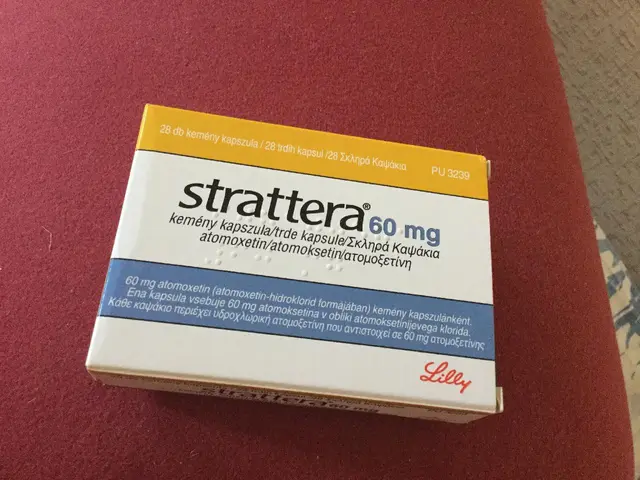Loperamide: What It Is, How It Works, and What You Need to Know
When you're stuck with sudden diarrhea, loperamide, a fast-acting anti-diarrheal drug that slows down the gut to reduce bowel movements. Also known as Imodium, it's one of the most widely used medications for short-term digestive upset. Unlike antibiotics or probiotics, loperamide doesn't treat the cause—it stops the symptom. That’s why it’s in so many medicine cabinets: quick, simple, and effective when you need it most.
It works by acting directly on the muscles in your intestines. Think of it like hitting pause on the rush of fluid and waste moving through your system. This lets your body absorb more water, making stools firmer and less frequent. It’s not a cure for infections, food poisoning, or IBS—but it gives you back control. Many people use it before travel, after eating something questionable, or during flare-ups of chronic gut issues. It’s available without a prescription in most places, but that doesn’t mean it’s risk-free. Taking too much can lead to serious heart problems, and it shouldn’t be used if you have a fever or bloody stool.
People often mix it up with other gut meds. bismuth subsalicylate, the active ingredient in Pepto-Bismol, works differently—it reduces inflammation and kills some bacteria. probiotics, live cultures that help restore gut balance, take days to show results, while loperamide kicks in within an hour. Then there’s diphenoxylate, a stronger prescription anti-diarrheal often combined with atropine, which carries more risk of dependence. Loperamide sits in the middle: powerful enough to help, but safer for occasional use.
What you’ll find in the posts below isn’t just a list of articles—it’s a real-world look at how people use loperamide and what they’ve learned along the way. Some stories are about managing travel diarrhea. Others are about avoiding misuse, spotting warning signs, or comparing it to natural remedies. You’ll see how it fits into broader gut health, when to skip it entirely, and what to do if it stops working. This isn’t medical advice. It’s what real users and healthcare writers have shared after testing it, researching it, or living with its effects. Whether you’re dealing with a bad day or managing a recurring issue, these posts give you the practical details you won’t get from a label.

Can Loperamide Help Manage Diarrhea in Inflammatory Bowel Disease?
Loperamide can help manage diarrhea in inflammatory bowel disease by slowing gut movement and firming stools. It's not a cure, but many patients use it safely to regain daily control. Learn how to use it effectively and when to seek other treatments.
Detail




